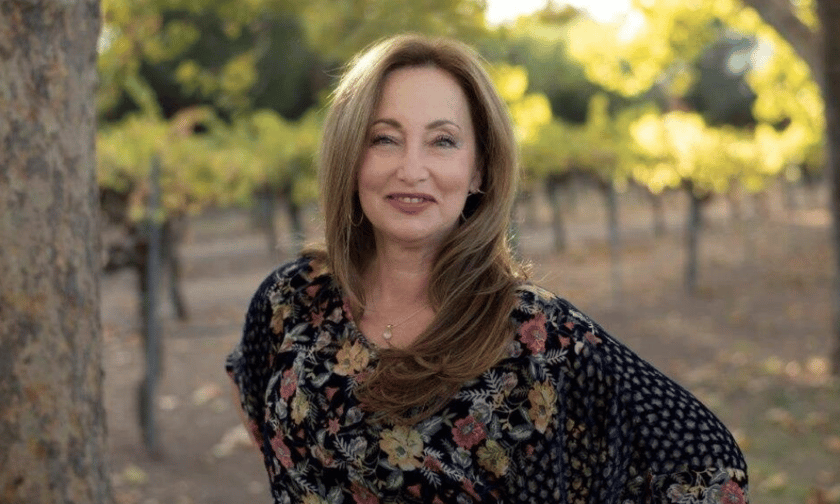It is an area that has seen significant shifts in recent years

The commercial insurance landscape for the wine industry has seen significant shifts over recent years. In the past, insurance for wineries was readily available – however, climate change caused the cost to skyrocket, leading some properties to purchase less insurance or forgo it altogether.
Speaking to IB, Debra Costa (pictured), SVP of Heffernan Insurance Brokers, said that she’s seen many properties choose not to purchase insurance, or to purchase significantly less insurance, thereby assuming risk versus transferring it to the insurance industry.
“In the past, the wine industry was the darling of insurance,” she told IB. “Ten years ago, everybody wanted to insure wineries. We had a lot of knocks on our door from multiple different carriers wanting to get into the space and create programs for wineries. Today, that’s very different because of climate change and some of the significant changes in the insurance market.”
The complexity of underwriting the wine industry has increased due to catastrophic risks like fires. In California, where Heffernan Insurance Brokers has substantial expertise, the replacement cost of expensive winery buildings and the value of the wine itself make it a high-risk area of insurance requiring a lot of expensive capacity that may exceed reinsurance treaties. In some cases, this requires going to the facultative reinsurance market and standing in a long line to obtain high-cost terms that are simply not sustainable.
“Carriers are pulling out because of climate change,” Costa added. “It takes a lot of capacity from an insurer, and there’s been a pullback because of a number of losses incurred by insurers across the US and globally.”
How technology is changing wine insurance
Costa highlighted the role of technology in this shift, with insurers now using software, risk modeling, and AI to determine the level of risk that a property has. This helps insurers decide how much capacity to deploy and whether to continue writing in a particular area. The increased costs of insurance, supplies, and labor are challenges that wineries must navigate.
“You’ve got this increased cost of insurance, increased cost of supplies, increased cost of labor, increases that are consistent with other industries, but for the wine industry you cannot pass costs into the bottle of wine that’s already expensive,” and remain a viable choice for consumers especially when Gen Z and Gen Y are consuming less wine than past generations, explained Costa. “So the industry is looking at their own business models to figure out how to drive through and remain a viable business.”
With the number of wildfires increasing and creating increased risk, many insurers have pulled back. As a result, policies today come with many limitations, particularly regarding fire risk, and preventative measures have become crucial for wineries.
“We are not just working on the insurance, but we’re working with the properties on their mitigation, on what they can do to be a better risk for their own self-preservation,” and resiliency, Costa said.
These efforts help make wineries a better risk for insurers, helping secure coverage for clients even in a tough market.
“We’ve got to a point where we understand that the current price of coverage is just not a sustainable cost; it’s an explosive cost. This is an era of a tougher insurance market, and we’ve got clients this year who are just saying: ‘Thank you for your all your work providing options, different deductibles and different coverage levels but we’re just going to say ‘no’ this year’,” she said.
Wildfire challenge for wineries
Meanwhile, smoke taint from wildfires poses another challenge for wineries, affecting the grapes and potentially ruining a vintage. This adds another layer of complexity to the insurance needs of wineries.
“You might not have a loss of structure or property, but you are going to have smoke damage,” Costa added. She also stressed the need for brokers to be well-versed in the wine industry and have a comprehensive understanding of the market.
“As a broker, it’s important to know that all wineries are not the same; there’s a lot of variation in that space, so I think it’s really understanding the business model and then being able to match that model with the products that are available to best marry that up to get as much protection as possible for the client,” she said.
However, despite the challenges, Costa remains optimistic about finding solutions.
“There’s still capacity out there,” she said. “It’s just a matter of bringing it together and being able to put together a package of insurance that best protects based on the budget that particular property has.”
Related Stories
Keep up with the latest news and events
Join our mailing list, it’s free!






